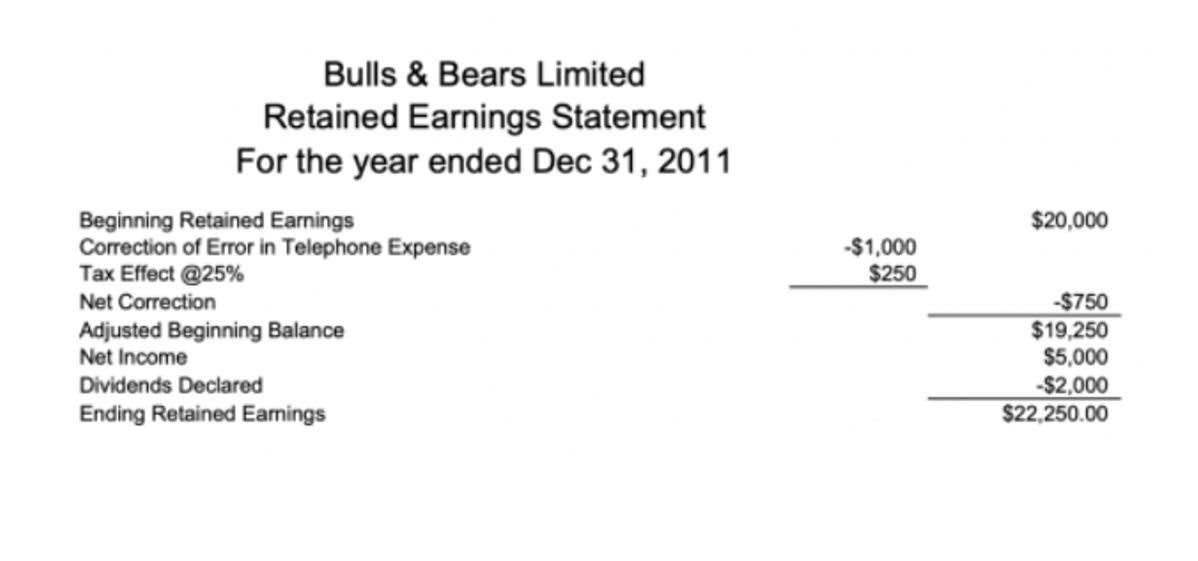Best Ways to Pay International Contractors & How to Make the Payments 2023

Either way, if you need help come tax filing time, Bench’s team of bookkeepers and tax experts can make sure your books are in order and everything is filed correctly and on time. When hiring a foreign independent contractor, be sure you stay within the bounds of contract employment. https://www.bookstime.com/articles/financial-risk Otherwise, you may be inadvertently hiring a new employee, which has different tax implications and obligations. A principal is not obligated to report payments made to foreign contractors that don’t meet the stipulated requirements outlined in the previous section. Beyond financial penalties, businesses that fail to file required forms, such as Form 1042 and Form 1042-S, may face fines ranging from $60 to $630 per form, depending on how late the filing occurs. If the IRS determines that a company willfully avoided withholding obligations, additional penalties can be imposed, including potential criminal charges.
Less compliance risk
- Managing international contractors’ payroll requires careful consideration of various factors.
- If a contractor fails to submit the necessary documentation, the standard 30% withholding applies.
- According to the IRS, the location where the work is performed determines the source of the income for tax purposes.
- Pebl (previously Velocity Global)’s risk assessment checklist is a comprehensive way to determine if your contractors are classified correctly—and what to do if they are not.
- Hiring foreign contractors can be a cost-effective way to access global talent, but it also comes with tax responsibilities.
- And by looking for the best people on a global scale, you can hire individuals who fit your brand, and who are able to help your company grow internationally.
As a business owner or human resources manager, you may come across the term how to pay international contractors “independent contractor” in workforce planning. An independent contractor is contracted to perform specific tasks or services for your business, without being classified as an employee. This distinction is important because it affects tax obligations, legal responsibilities, and the level of control you have over how the work is performed. Misclassifying employees as contractors can lead to severe legal, financial and reputational damage.
Ignoring Local Tax Laws for International Payments

You need to develop a clear record of the working relationship, including payment terms and evidence that the contractor wasn’t an employee. The IRS also expects you to keep W-8BEN forms for at least three years following the final payment to a contractor. These forms certify that your contractor is a foreign person or entity and not subject to U.S. tax reporting for work done outside the country. Individuals use the Form W-8BEN, and companies complete the Form W-8BEN-E.
- We will also provide insights into legal and tax considerations and guide you through international banking regulations to ensure smooth payments.
- Depending on local tax laws and regulations, the company may need to provide the contractor with relevant tax documents or reports for income earned from services performed abroad.
- A key question is whether taxes need to be withheld from payments, as failing to comply with IRS regulations can lead to penalties.
- This offers flexibility as costs are directly linked to the amount of work done, but it requires diligent tracking of hours and expenses.
Step 1: Confirm legal status and collect tax forms.
- Paying foreign contractors can be more complicated than paying domestic ones.
- Another important consideration is the potential tax implications of currency exchange.
- You’ll also have to look at the delivery times to make sure your money arrives when you want it to.
- Once you’ve determined the payment schedule, you must select the best way to make international payments.
Wire transfers are typically used by businesses and individuals who want to make large payments. This is the perfect method if you value security and reliability and don’t mind having to pay higher fees on transactions or waiting for a few days until they are processed. As long as your independent contractor is not a US citizen or making US-source income, you don’t need to collect a Form 1099 from them as they are not a US taxpayer. Read this guide to see how we help you provide an elevated experience for your independent contractors while remaining compliant in 150+ countries.
Common Mistakes to Avoid When Paying International Contractors
For example, if you pay a Canadian contractor $4,000 for work done entirely in Canada, no 1099 is needed. But if that same contractor spends 3 months working from a U.S. office and earns $4,000, you’ll need their W-9 and must file a 1099-NEC. Have legal counsel with knowledge of the contractor’s country review your agreements.

Can US Companies Hire Foreign Freelancers?
Plus, you don’t have to worry about the legal or financial aspects of international hiring. https://dev-topup-popup.pantheonsite.io/2021/09/02/the-key-differences-between-a-controller-and-a-cfo/ Payoneer is a payment platform that offers cross-border payments to contractors and suppliers. Form W-8BEN is for individual contractors¹, while Form W-8BEN-E is for entities².

Should I report payments made to foreign independent contractors?

However, compensation for personal services may be exempt if the contractor performs all work outside the U.S., as it would not be considered U.S.-sourced income. When paying international contractors, currency considerations play a major role in ensuring fair and efficient transactions. Exchange rates can fluctuate daily, impacting the total amount received by contractors. If your business pays in its local currency, the contractor may bear conversion fees, reducing their earnings. Conversely, if you pay in the contractor’s local currency, your business might incur the conversion cost, affecting your budget for international payments.

